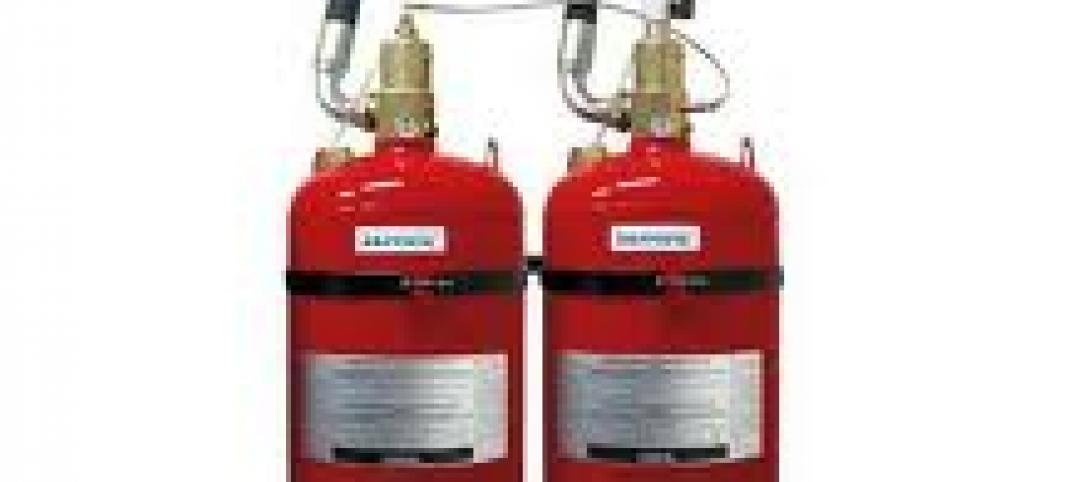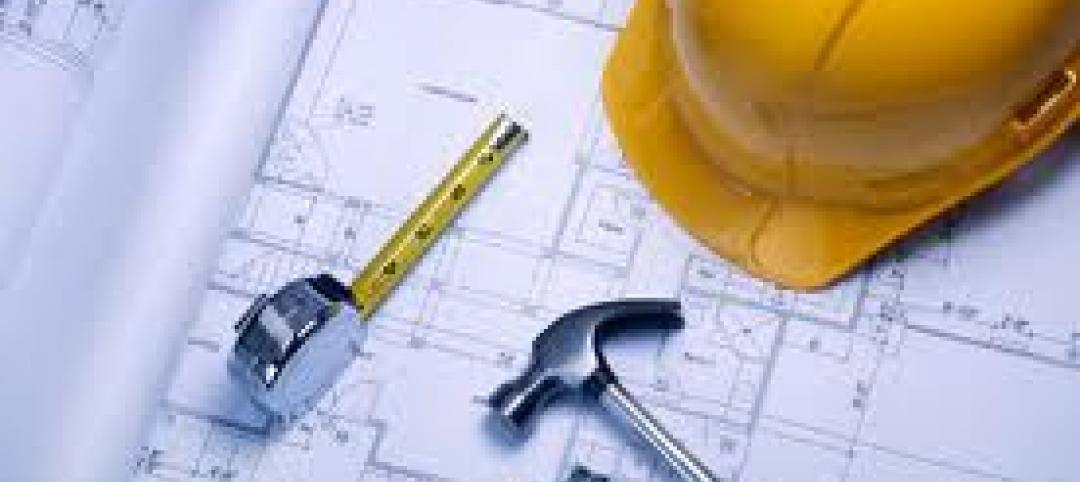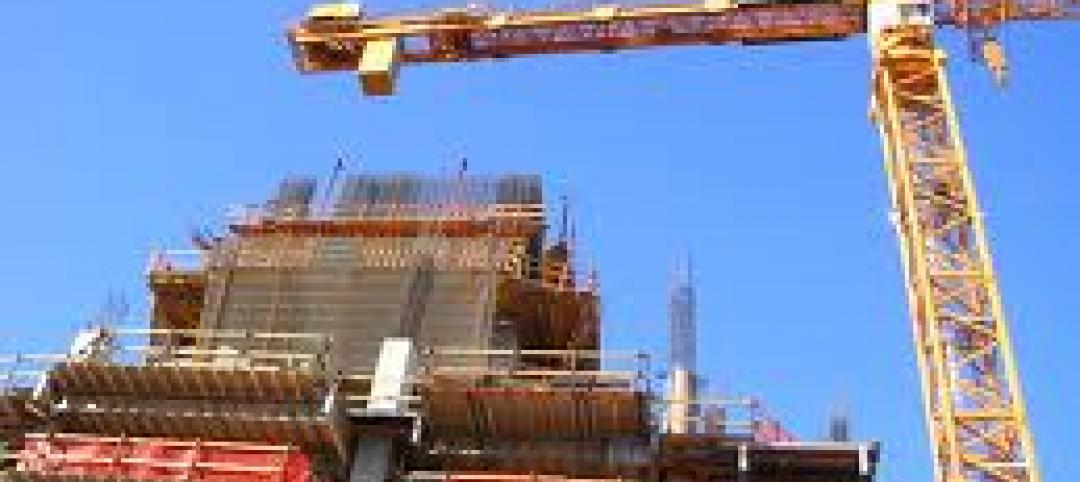Greenhouse gas (GHG) emissions from using Chinese steel in the U.S. are significantly greater than that of comparable steel made in North America, according to a series of reports by the Steel Market Development Institute (SMDI), a business unit of the American Iron and Steel Institute (AISI).
Two peer-reviewed reports (one in North America and another in China) compared hot-dip galvanized (HDG) steel coils produced in North America to the same product produced in China and shipped to the North American market. This type of steel is primarily used in the construction and automotive sectors.
The study found that hot-dip galvanized coil sourced from China results in nearly 50% higher GHG emissions. “In the sustainable design of steel-framed buildings, one of the most important decisions an owner or architect can make regarding environmental impact is to ensure the building’s steel is produced in North America,” said Mark Thimons, vice president of sustainability for SMDI.
Thimons cited an example from another SMDI study involving the design of a four-story cold-formed steel office building in Minneapolis in which the building core and shell includes about 100 tons of HDG. If steel from China was used for this building instead of North American-produced steel, the GHG emissions associated with the production of the steel would increase by more than 100 tons (CO2eq).
Related Stories
| May 10, 2012
Chapter 6 Energy Codes + Reconstructed Buildings: 2012 and Beyond
Our experts analyze the next generation of energy and green building codes and how they impact reconstruction.
| May 10, 2012
Resilience should be considered a sustainability factor
Since a sustainable building is one you don't have to rebuild, some building sustainability experts believe adding points for "resilience" to storms and earthquakes to the LEED sustainability rating tool makes sense.
| May 10, 2012
University of Michigan research project pushes envelope on green design
A research project underway at the University of Michigan will test the potential of intelligent building envelopes that are capable of monitoring weather, daylight, and occupant use to manage heating, cooling, and lighting.
| May 10, 2012
Fire suppression agents go greener
Environmental sensitivity is helping to drive adoption of new fire suppression agents.
| May 10, 2012
Industry groups urge Congress to leave contracting decisions to agencies
An organization of several industry groups urged Congress to leave many contracting decisions to the discretion of individual agencies by avoiding blanket mandates.
| May 10, 2012
OSHA proposes new rule to have employers find and fix hazards
The Occupational Safety and Health Administration has proposed a new regulation, Injury and Illness Prevention Program, or I2P2, which would compel employers to find and fix safety hazards.
| May 3, 2012
Stay current on green codes at AGC Environmental Conference
Keep abreast of market trends such as 2012 changes to green standards and codes at the AGC Contractors Environmental Conference, June 7-8, 2012 in Arlington, Va.
| May 3, 2012
OSHA reduces fines in Cincinnati casino collapse
The Occupational Safety and Health Administration has reduced the number of violations from four to two against four firms it cited earlier this month in the collapse of a casino under construction in Cincinnati.
| May 3, 2012
New York City implements controversial crane licensing requirements
New York City officials announced strict new licensing and testing requirements for all crane operators in New York City to raise safety standards.
















